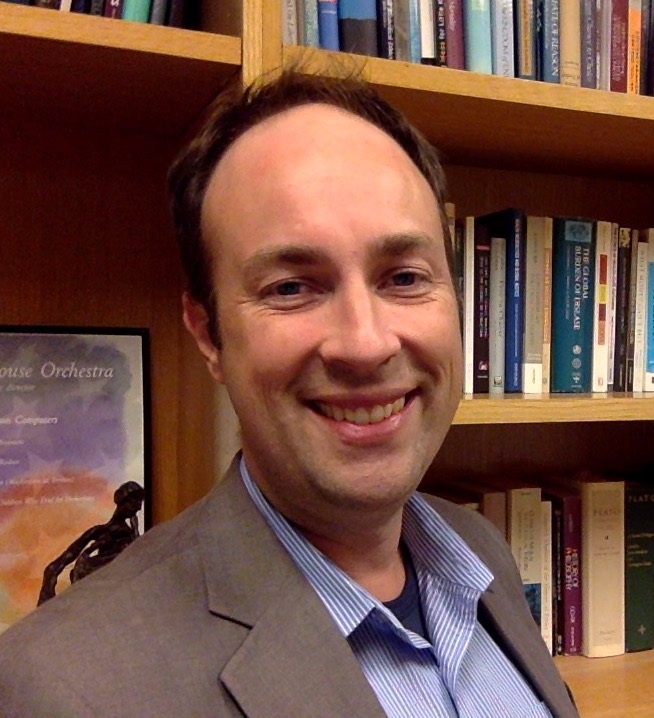
I'm professor of philosophy at Claremont McKenna College, where until recently I also served as associate dean of the faculty for research.
I got here by way of a Ph.D. at Harvard and a post-doc at the now-defunct
Harvard Program in Ethics and Health. I've also spent some time at Princeton's University Center for Human Values,
the University of Washington's Institute for Health Metrics and Evaluation, Harvard's Center for Bioethics, and UC-San Diego's
Institute for Practical Ethics. Here's my CV.
My research and teaching cover a range of topics in ethics, political philosophy, the philosophy of science, bioethics,
and the philosophy of disability. Right now, I'm especially focused on
promoting work in what I call the political philosophy of science: using concepts, tools, and methods
drawn from political philosophy to shed light on the value-laden decisions scientists must make.
These decisions - concerning, for example, how scientists should define contested terms like 'employment'
or 'severe weather event'; how they should manage uncertainty; how they should set parameters like the economic
discount rate; how they should build models; or how they should choose among statistical
representations of their results - are commonly discussed by philosophers and other scholars of science using the
concepts, tools, and methods characteristic of ethics. But, in many cases, the right
thing to do in a substantive ethical sense can diverge from what is politically legitimate. (A government
official, for example, might be obliged to follow the instructions of a superior or abide by the will
of the public, even if she knows that an alternative course of action would be better for the
community.)
I argue that in a wide range of cases scientists should seek to ground their work in values that
are politically legitimate (rather than values that are optimal in a substantive ethical sense). Doing so,
I think, has many potential benefits, including more informed policy-making, the possibility of more
meaningful public debate, increased public trust in science, and greater ease in combatting misuses of science.
I am currently trying to work out the details of what this would involve. In the near future,
I hope to work with scientists to see how these ideas could be put into practice.
(If you're a political philosopher
or political theorist interested in scientists' value judgments,
a scientist interested in thinking about those aspects of your work, or a social scientist
with experience in deliberative polling, I'd love to hear from you! I expect to organize a conference or workshop
on these topics in the near future.)